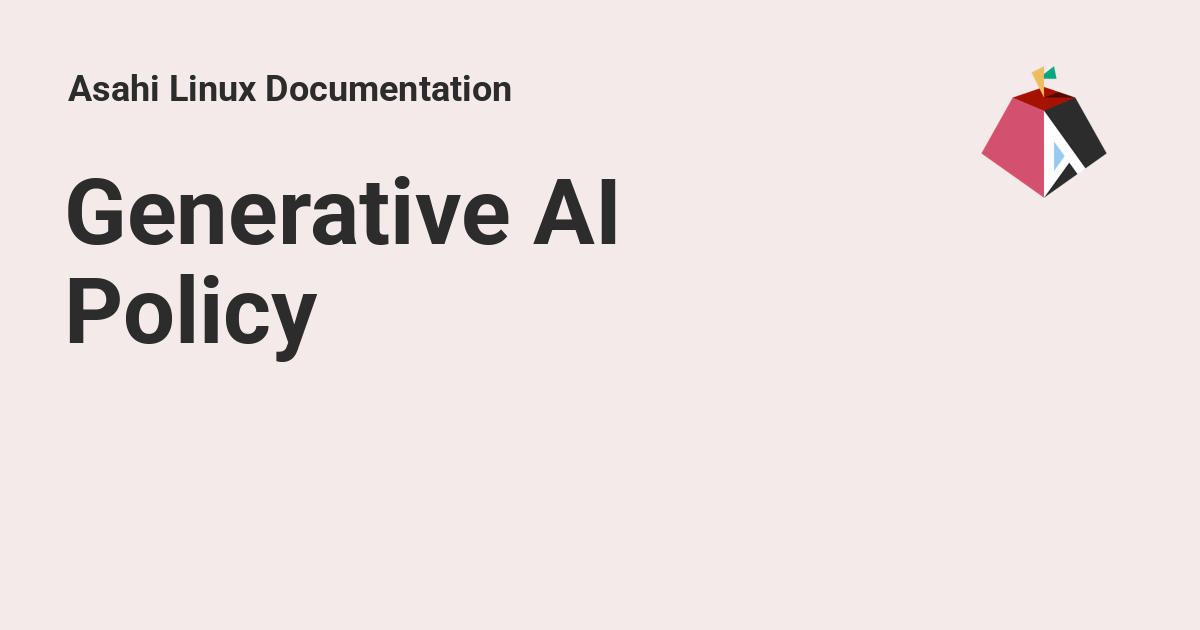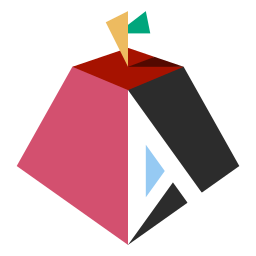Asahi Linux Bans Large Language Models (LLMs)

The Asahi Linux project has banned the use of Large Language Models (LLMs, referred to as 'Slop Generators' in the text) for any contributions involving code, documentation, or engineering decisions. This ban is based on several concerns: 1. Intellectual property risks: LLM training data may contain copyrighted material, leading to potential infringement when using LLM-generated code; 2. Resource waste: Training and inference of LLMs consume massive resources; 3. Limitations of LLMs: LLMs cannot guarantee the correctness of their output and are prone to generating misinformation. Asahi Linux argues that LLMs are not suitable software engineering tools and their use poses legal and technical risks, while wasting valuable resources.
Read more